
Feeding Horses Prone to Tying-Up
Tying-up is a painful muscle condition in horses. An equine nutritionist offers advice on how to balance your horse’s diet to decrease the likelihood of an episode.

Tying-up is a painful muscle condition in horses. An equine nutritionist offers advice on how to balance your horse’s diet to decrease the likelihood of an episode.

Researchers are redefining the muscular diseases long called “tying-up.” While they seem similar, the causes are different, and each requires specific management.

Learn how fluid therapy enhances horses’ recovery from life-threatening diseases by correcting dehydration and shock.

Reduce sporadic episodes of exertional rhabdomyolysis by providing plenty of forage and meeting these unique equine athletes’ nutrient requirements.
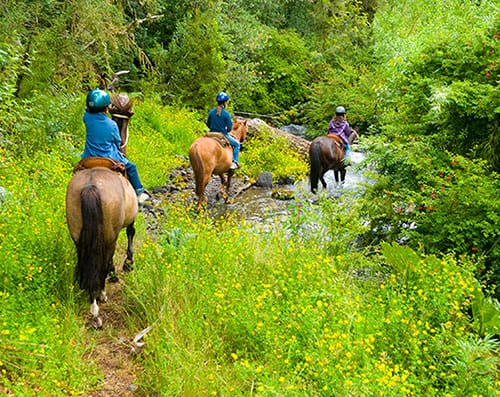
Trail riding season is in full swing, and our sources answered 17 questions about keeping your horse sound and healthy.

Horses with recurrent exertional rhabdomyolysis require different diets than horses that tie up because of PSSM.

When riding your horse in the woods or the wilderness, things can go wrong–and usually when least expected. Here are some possible predicaments you might face while out on the trail.

Dr. Stephanie Valberg explains how five major advancements in veterinary technology have helped her and others learn more about and discover new equine muscle disorders.

Certain muscular disorders, such as HYPP and PSSM, are common in horses because breeders have selected for specific traits, including enhanced muscle mass and metabolism economy.
Rutgers and University of Minnesota researchers are studying genetic factors underlying musculoskeletal diseases.
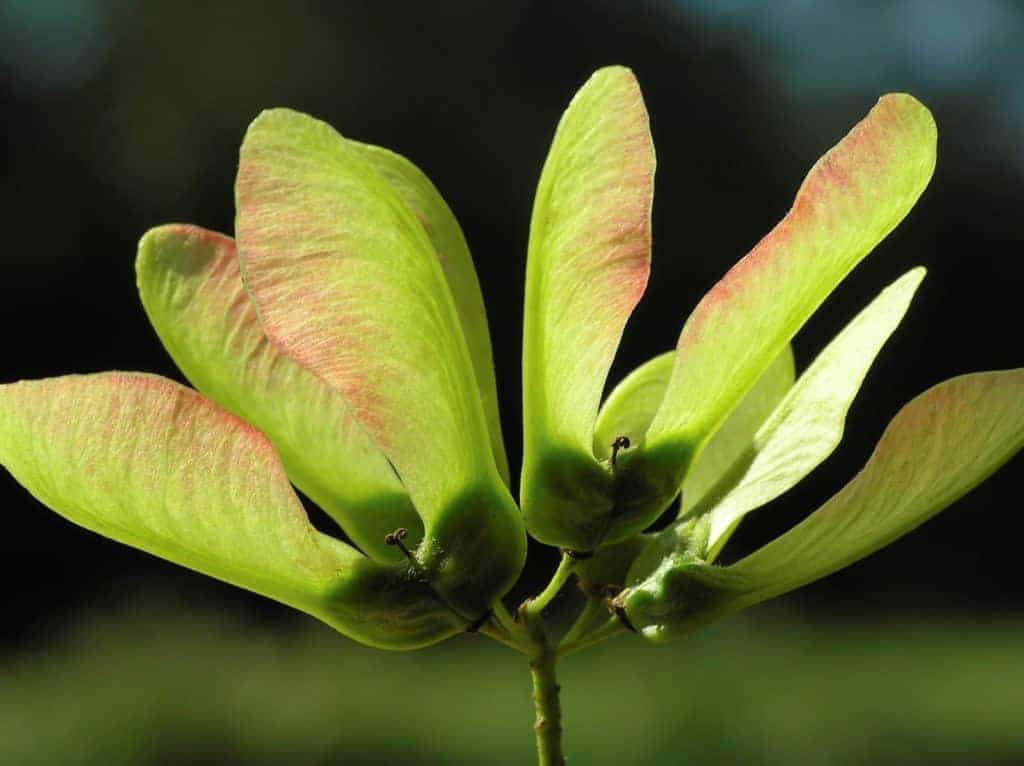
Specific bloodwork showed differences between horses with atypical myopathy that survived and those that died.
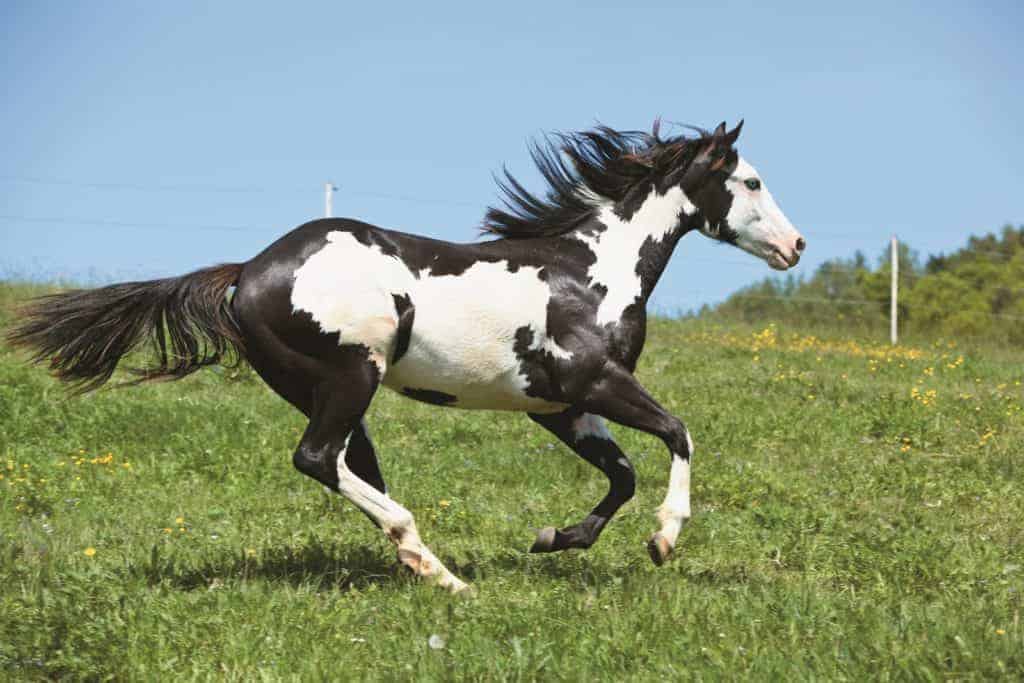
By knowing what conditions certain horses are predisposed to, owners and breeders can take preventive steps.
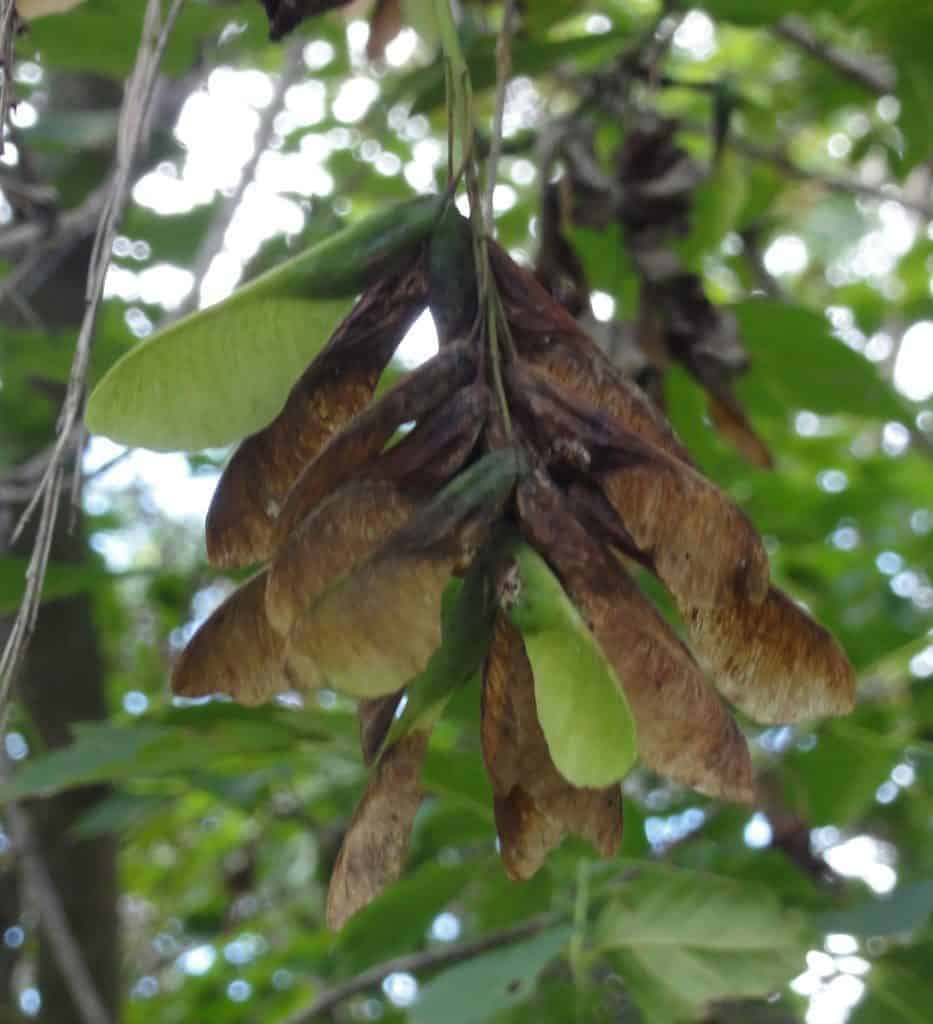
Researchers weed out the causes of deadly seasonal pasture myopathy and atypical myopathy in horses.
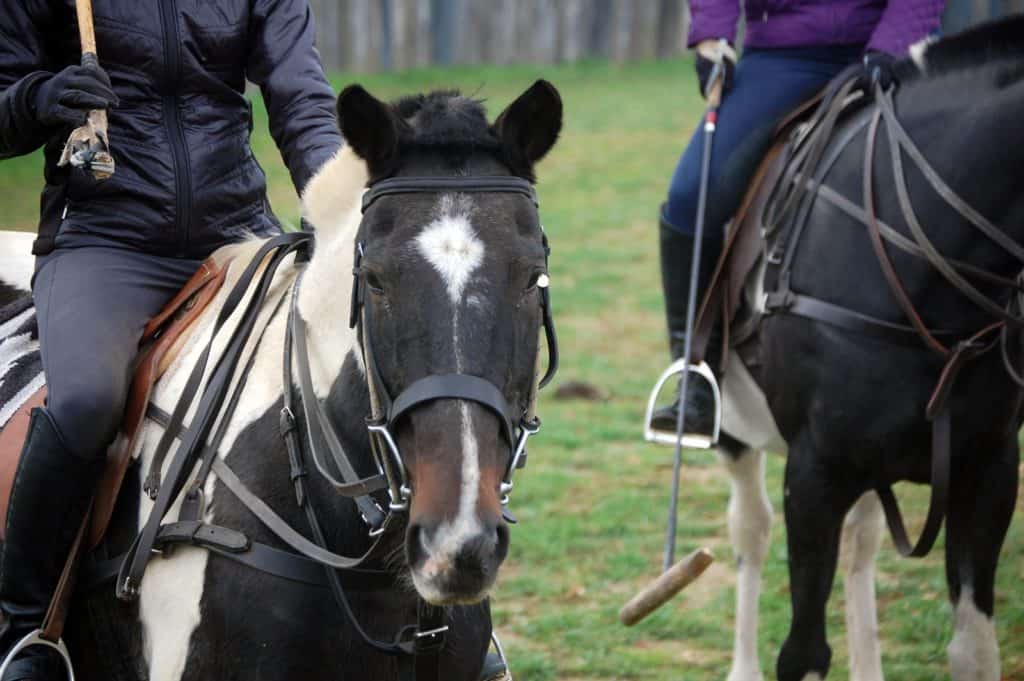
Dr. Erica McKenzie of Oregon State University shares the horse breeds and diseases associated with tying up.
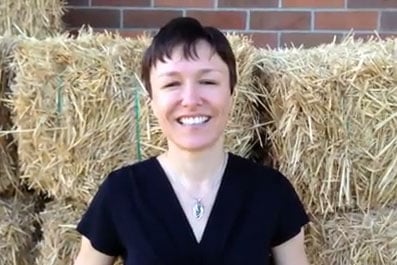
Dr. Erica McKenzie of Oregon State University describes the common causes of exertional rhabdomyolysis in horses.
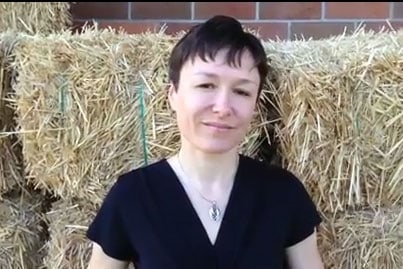
Dr. Erica McKenzie of Oregon State University shares why red urine is a concern in horses that are tying up.
Stay on top of the most recent Horse Health news with
"*" indicates required fields